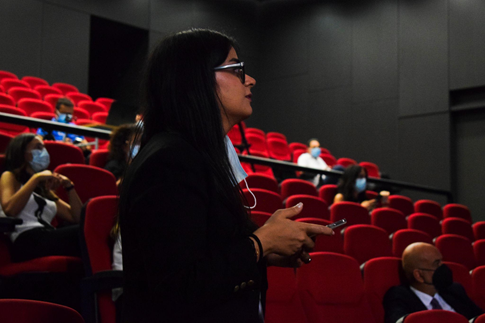Flowers of hope
The conservation of endemic and threatened iris species in Lebanon and promises to have a widespread impact across the entire nation.
Cedar iris (Iris cedreti)
Grant Number:
242533776
Awarded Amount:
24700
Continent:
Asia
Country:
Lebanon
Awarded Date:
03/06/2024
This project is dedicated to conserving endemic and threatened iris species in Lebanon, and it holds the promise of making a significant impact across the entire nation. The irises of Lebanon are renowned for their impressive altitudinal range, resulting in each species being confined to specific, often isolated areas. This unique ecological diversity means that the conservation efforts will indirectly benefit all of Lebanon, spanning the Mount Lebanon and Anti-Lebanon mountain chains, as well as the northern and southern regions of the country.
Unfortunately, due to recent conflicts, the project’s start date has been postponed. One of the key activities under this grant was to develop a comprehensive rescue plan and conservation strategy for each endemic iris species. However, with the escalation of hostilities, there is a concern that three iris populations in the south and one in the Beqaa region may have sustained significant damage.
Additionally, a vital component of the project involves documenting these beautiful flowers through photography and creating educational media, which relies on capturing the irises in bloom during the spring. The rapidly changing conditions make it challenging to formulate strategies with a meaningful impact, as the landscape and available resources may shift dramatically by the time we can safely carry out on-ground assessments.
Project lead by

Rhea Kahale
Founder
Biodiversity Conservation Initiative